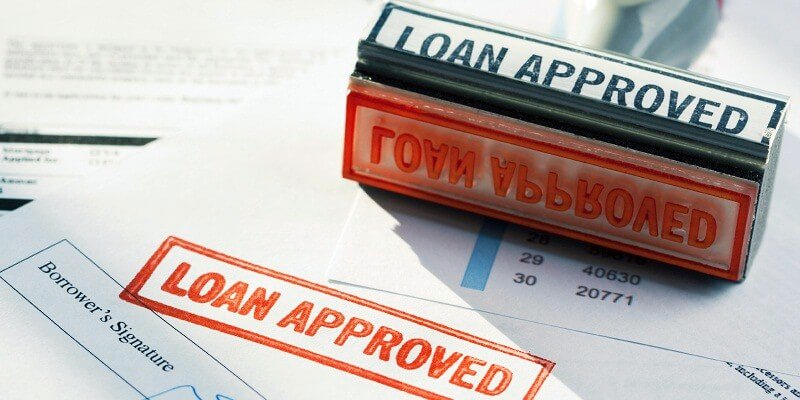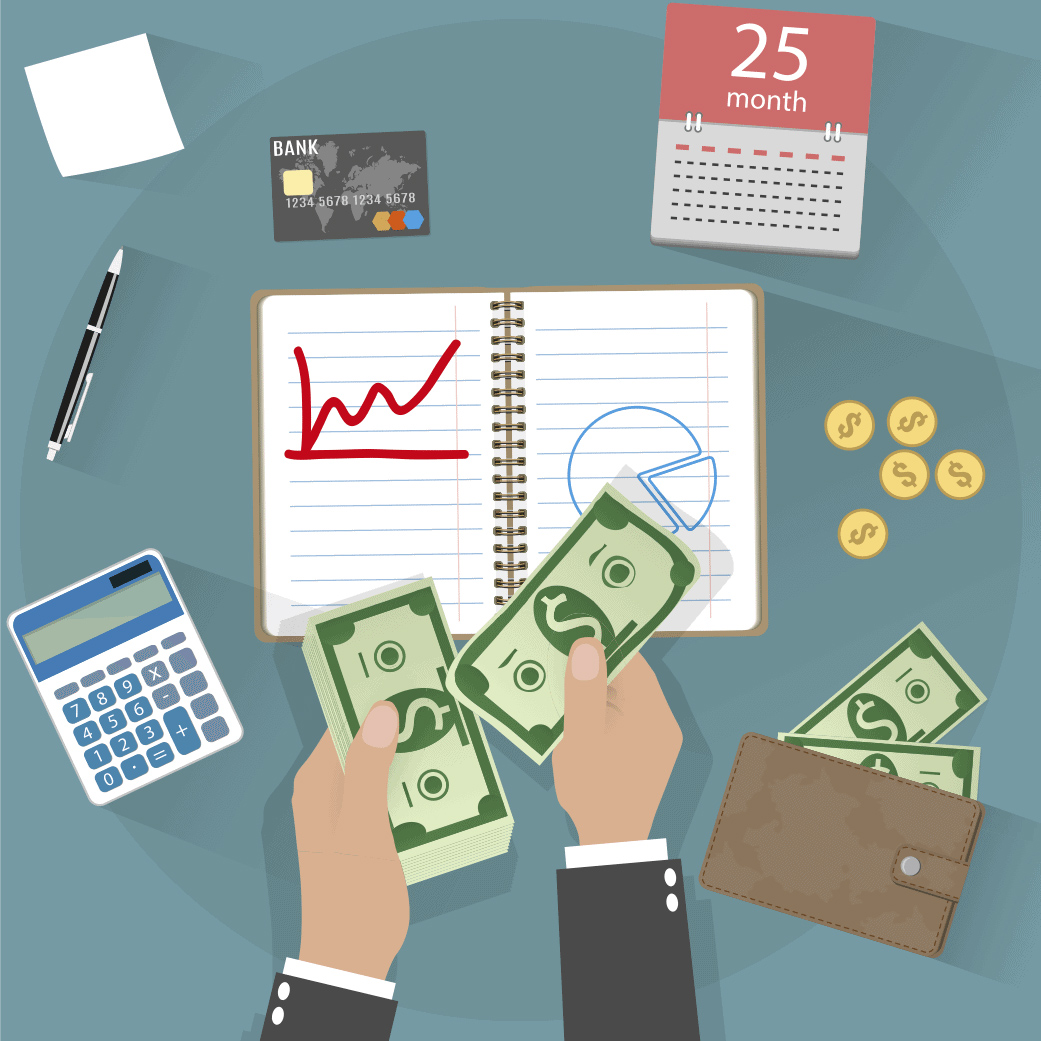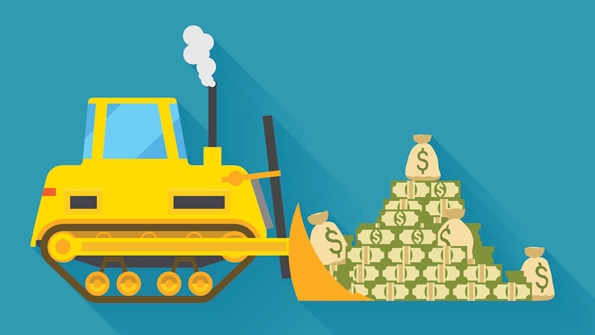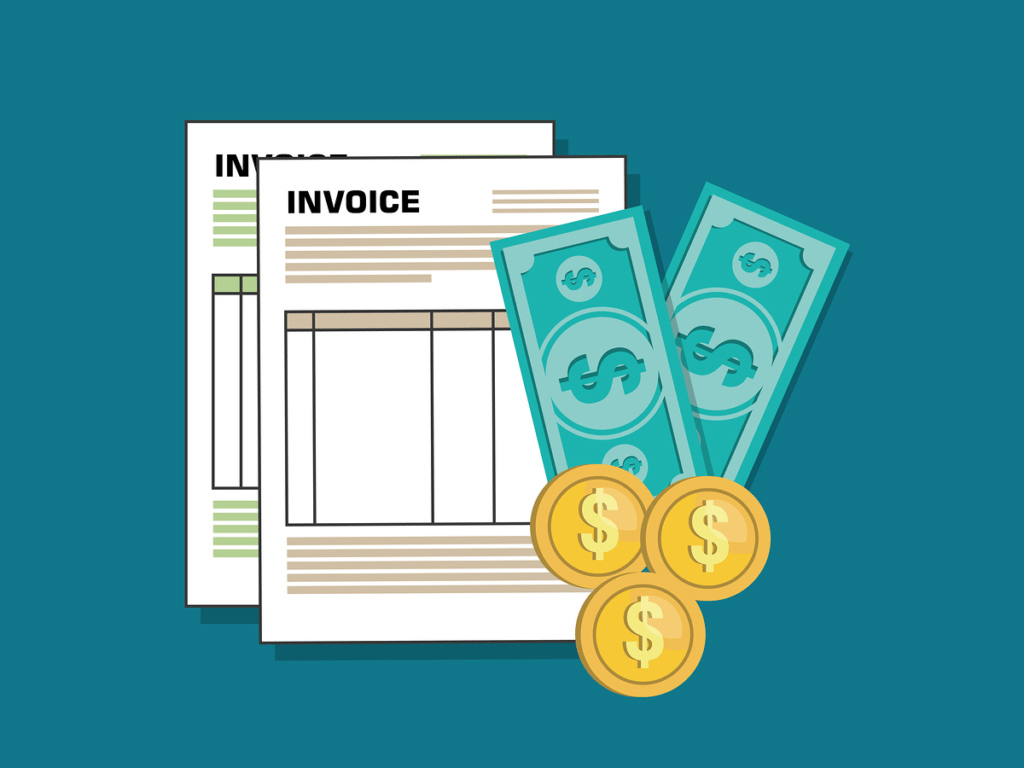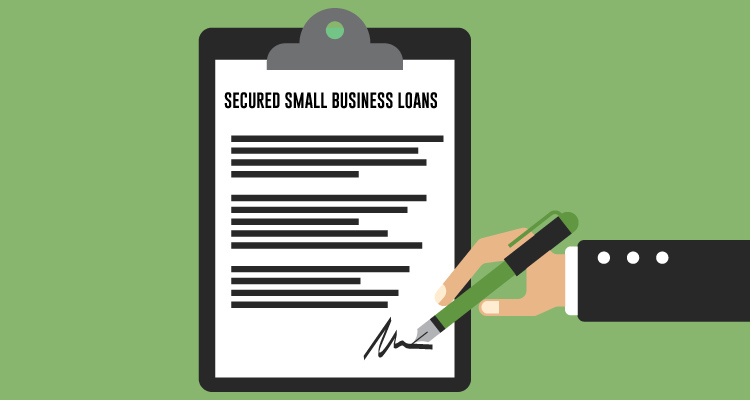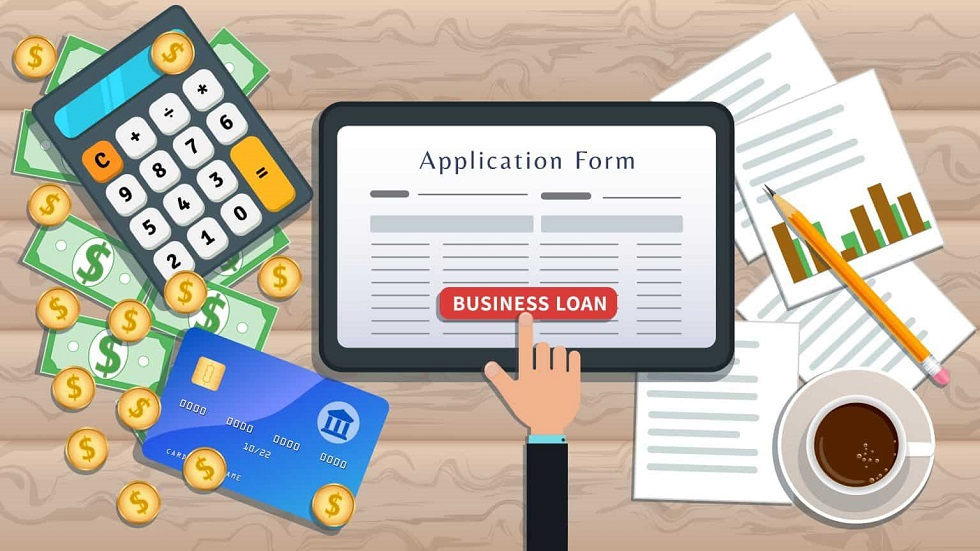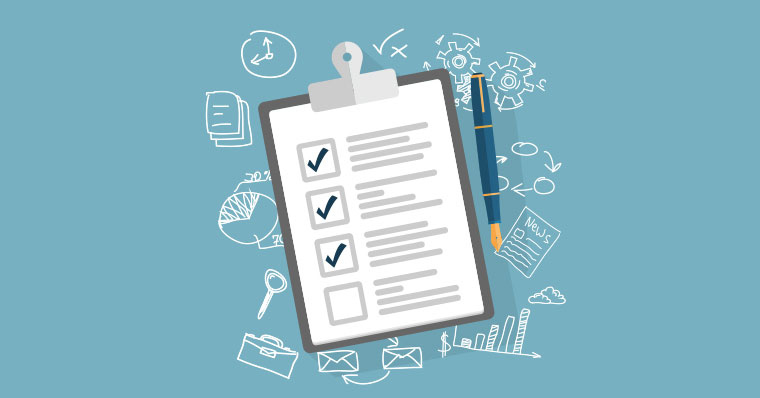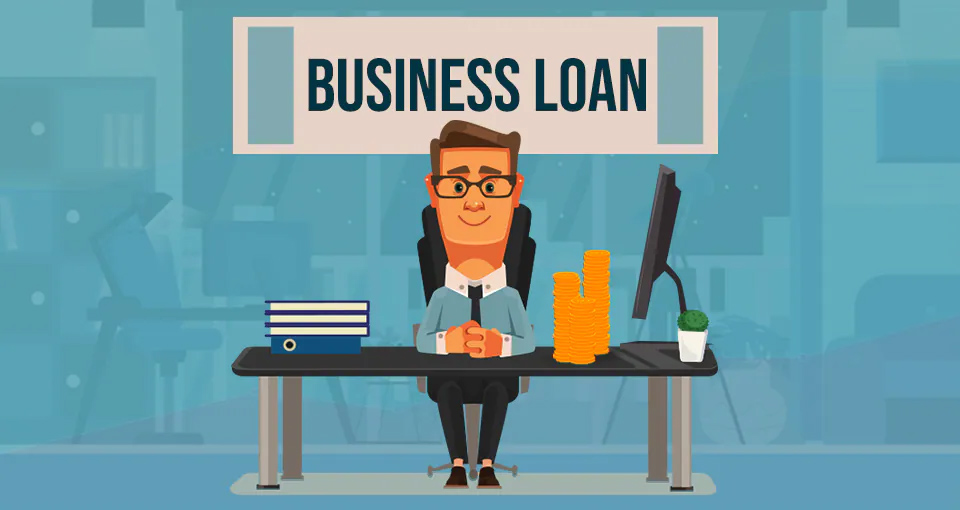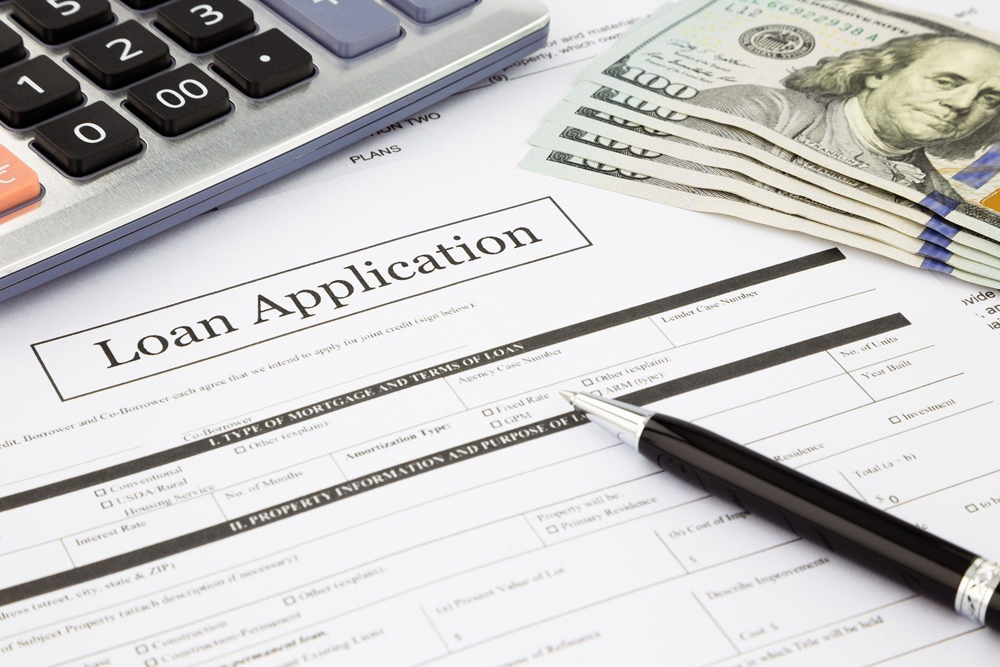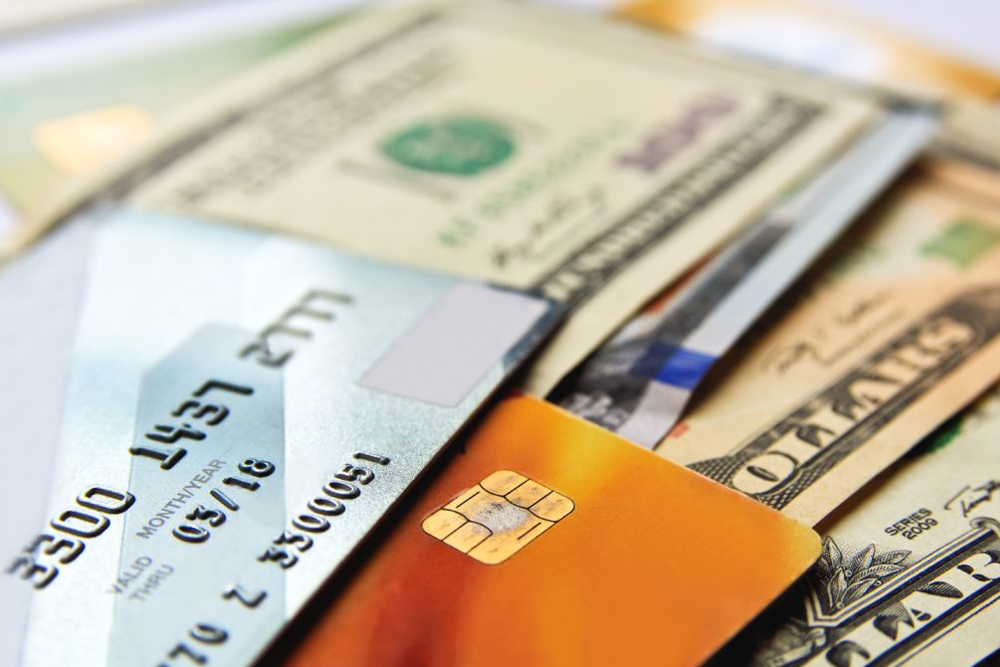10 Types Of Business Loans
Whether you have developed a product or a unique solution to a common problem, or simply you just want to be your own boss, there are many reasons why you might want to own a small business. If you opt to pursue business ownership, you will quickly learn that it takes money, especially upfront, to get the company up and running. A small business loan can provide you the money your venture needs to succeed.
In this post, we will look at:
- Definition Of A Small Business Loan?
- Types Of Loans For Small Businesses
- Small Business Lines Of Credit
- Small Business Term Loans
- Merchant Cash Advances
- Equipment Financing
- SBA Loans
- Small Business Credit Cards
- Invoice Factoring
- Secured Loans
- Unsecured Loans
- Invoice Financing
- Working capital loan
- Qualifying For A Small Business Loan
- Build Your Business And Personal Credit Scores
- Develop A Business Plan
- Cash Flow And Income
- Age Of Business
- Collateral
- Types Of Lenders
- Small Business Loan Application Process
Definition Of A Small Business Loan?
Small business loans are types of financing offered to companies for different purposes by various lenders. Over time, various types of small business loans have evolved to assist entrepreneurs in meeting their goals. Thus, the way a small business loan works depends on the type of loan in question.
Types Of Loans For Small Businesses
Loan Options For Small Businesses
There are many small business loans you can consider:
Small Business Lines Of Credit
Typically, a small business line of credit is similar to a business credit card. You can borrow money up to a certain limit and only pay interest on the amount you borrow. When you take out a small business line of credit, you will draw money and repay them as often as you would like, as long as you do not go over your credit limit.
Small Business Term Loans
By taking out a small business term loan, you will get a lump sum of money to pay back at a fixed interest rate with regular business loan repayments terms. These types of loans are mostly repaid in five years and utilized to fund a specific investment for a small business. Like car loans and mortgages, small business term loans often follow an amortization schedule, indicating that most of your loan payment will go toward your interest initially. There are two types of business term loans:
- Short-term loans
- Long-term loans
Merchant Cash Advances
Merchant cash advances are accessible from dedicated merchant cash advance firms and some credit card processors. It is a loan against your business’s future earnings that you repay via a percentage of your credit card sales. It is a fast method of securing business funding since it does not require collateral, indicating a quicker turnaround for approval; however, interest rates can be very high. Retail stores or restaurants typically utilize it. Merchant cash advances repayment terms vary between three to 18 months.
Equipment Financing/ Equipment Loans
Equipment financing is a small business loan from online lenders that you take out to buy business equipment or other tools for your business. It does not require a down payment, which helps you preserve your money and maintain cash flow. The equipment you purchase is regarded as collateral for this kind of loan, which denotes that the equipment you bought will be repossessed if you default on the loan. Loan terms range from two to seven years.
SBA Loans
In simple terms, the Small Business Administration SBA is a government agency that serves as the main resource for government-secured small business loans. The government guarantees a section of SBA loans, and these loans let small business owners acquire capital with less equity than a traditional bank loan requires. The federal government does not lend small businesses the money; the bank does. The SBA just secures a percentage in the event of a default on the business loan. Here are the two most common types of SBA loans:
- SBA 7A loan: These loans can be utilized to set up a new business and assist in expanding or acquiring an established business. There are many benefits of small business administration loans, and the terms can be negotiated between the borrower and the SBA-approved lender.
- SBA 504 loans: Another popular program from the SBA is the 504 loan. However, this product is geared toward small businesses looking to finance large equipment or commercial real estate to use in their operations. Moreover, a 504 loan can be utilized to finance land acquisition, improvements/expansion, or ground-up construction of an existing building. The business net worth cannot be more than $15 million.
Other types of SBA programs include SBA express loans, PPP loans (Paycheck Protection Program), and microloans.
Small Business Credit Cards
Whereas a small business credit card is similar to a personal credit card, there are few noteworthy differences. A small business card might provide you with reporting features so you can categorize and track your spending. It might also feature a rewards program that can help you save on common business expenses such as office supplies and marketing services. Moreover, it is exempt from the credit card act of 2009.
Invoice Factoring
This type of financing is also known as accounts receivable financing. It involves selling your receivables or outstanding invoices to a lender so you can receive early payment for them. The lender takes the risk on your account receivables and offers your company some cash in exchange for a fee. Quality and age of the age of the receivables will play a role in the amount you will get. Whereas quick access to cash is an advantage of accounts receivable financing, you are likely to pay more for this kind of business financing than others, especially if your business credit score is less than stellar.
Bad Credit Score Loans
Direct alternative lenders and online lenders are usually inclined to provide financing options for borrowers with bad credit. With these lenders, your credit score is not the determining factor for approval. Instead, they consider your recent bank statements and cash flow to determine your eligibility for the loan. While you can be approved faster, you are likely to face high-interest rates and brief payback periods.
Secured Loans
Secured loans need no collateral from the borrower, which can be vehicles, property, stocks, equipment, or other assets of value. Provided by credit unions or banks, unsecured loans are usually easier for new businesses to acquire and have lower interest rates than unsecured business loans. The loan amounts generally range from $50k to $100k.
Unsecured Loans
Unsecured business loans do not require security, but since this makes the loan riskier for the lender, interest rates are usually higher, and borrowers should have high credit scores to qualify. Unsecured loans are often provided by online lenders- including peer-to-peer lenders, and credit unions, and banks as personal loans. Loan amounts can go up to $50,000.
Invoice Financing
Invoice financing is a way for companies to borrow money against the amounts due from customers. Invoice financing helps companies improve cash flow, pay suppliers and employees, and reinvest in growth and operations earlier than they could if they had to wait until their customers paid their balances fully. Business owners pay a percentage of the invoice amount to the lender as a fee for borrowing the money. Invoice financing can solve problems linked to customers taking a long time to pay and difficulties obtaining other types of business credit.
Working Capital Loans
Unlike some small business loans intended to pay for long-term investments and assets, working capital loans are utilized to finance the everyday operations of your company. These operations can include things such as payroll, rent, and debt payments. Compared with other loan options, working capital loans feature lower amounts and shorter terms. These loans are sometimes connected to your personal credit, which could take a hit if you do not make your payments on time.
Qualifying For A Small Business Loan
The procedure of qualifying for a small business loan entails several steps that we will discuss below:
Build Your Business And Personal Credit Scores
Lenders who provide small business loans will look at your personal credit score to help them determine if they should lend you money. Your personal credit reflects your ability to repay your personal debts such as credit cards, car loans, and mortgages. The higher your credit rating, the less risky you are in a lender’s eye, and the more likely you are to get approved for a loan. Whereas a score of 700 and above is considered a good credit score, a score of 800 or above is regarded as excellent. To find out where your credit rating is, visit AnnualCreditReport.com and get free copies of your reports from Equifax, TransUnion, and Experian. Experian also offers free credit reports every thirty days.
If you have a bad credit score, pay your bills on time, pay off debt including student loans and keep balances low on credit cards and other revolving credit. Moreover, refrain from applying for too much credit since doing so can create numerous hard inquiries in your credit file. This could have a negative impact on your credit score.
Here is the credit their information according to the credit bureaus:
- Bad credit: below 600
- Poor credit: 600 to 649
- Fair credit: 650 to 699
- Good credit: 700 to 749
- Excellent 750+
Develop a Business Plan
The aim of business plans is to show lenders how you plan to use your money. When developing your business plan, ensure you include the following information:
- Financial plan and projections
- Sales and marketing strategy and implementation
- Management team
- Market analysis
- Product or service description
- Business description
Cash Flow and Income
Cash flow and income can make or break your business. A healthy stream of cash shows lenders that you are capable of sustaining the loan payments. It is a representation of your company’s health. In addition to income, lenders will most probably look at expenses to figure out how profitable your company is. If you are new to business or lack sufficient cash flow, you can explore business loans for startups.
Time in Business
The majority of new businesses fail within their first year. Thus, it is no wonder why most online lenders and banks require a minimum business age from borrowers. Mostly, the minimum business age requirement can range from six months to two years. Bear in mind, however, that lenders look at the period of time business bank accounts have been open, not how long the entity has been registered with the government.
Collateral
For a business loan approval, lenders might require collateral, like invoices, equipment, businesses, and real estate. Believe it or not, commercial car loans also require collateral. Collateral denotes tangible assets already owned by the small business owner. Some lenders might require borrowers to pledge both business and personal assets to secure a business loan. This is not an ideal situation for startup businesses. The best part is some business loans do not require collateral. Certain business loans provide flexible term options and are easy to qualify for.
Types Of Lenders
| U.S. Small Business Administration Loans | The Small Business Administration provides several loan programs designed to meet the business needs of various business types. |
| Conventional bank loans/ traditional lenders | The most significant advantage of traditional bank loans is that they carry low interest rates and low monthly payments. Since a federal agency is not engaged, the approval process can be faster. |
| Alternative lenders | Online lenders are mainly attractive to small businesses that do not have a stellar credit history or financial history since approval requirements are not as stringent. When traditional lenders lack a financial track record, they often require a personal guarantee from business owners. |
Small Business Loan Application Process
When applying for small business financing, it is essential to understand what information small-business lenders require from you to determine your creditworthiness so you can gather the appropriate documents. Generally, you will need these documents:
- Annual revenue (or monthly sales)
- Bank statements
- Personal financial statements
- Cash flow statements and balance sheet
- Personal and business tax returns
- Collateral
- Legal documents relevant to your company (leases for commercial real estate, franchise agreements, business agreements, etc.)
- Proof of ownership
- Personal background and character
- Purpose of a loan
Once you submit your business loan application, based on the lender and the type of loan, it can take weeks, days, or even months to get credit approval.

